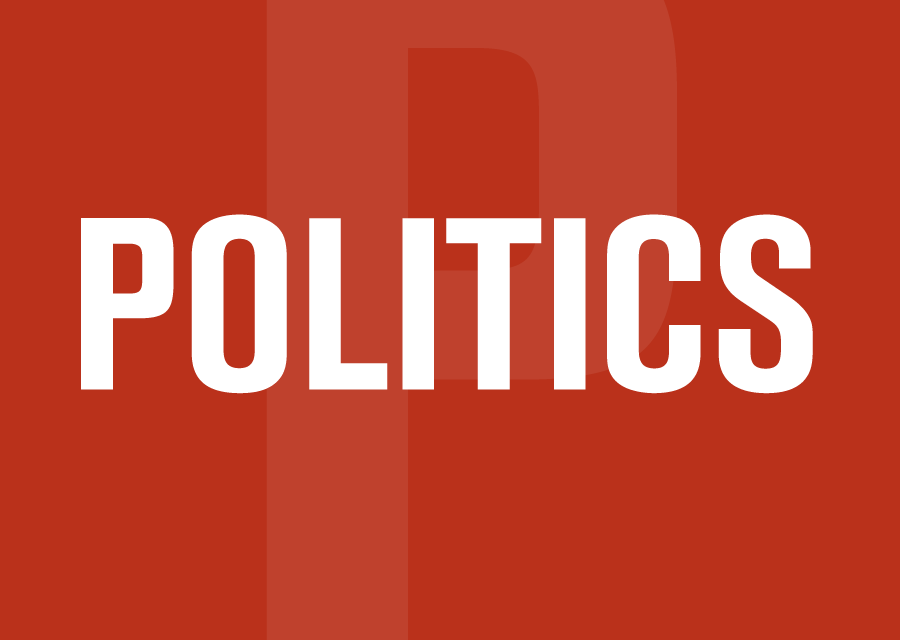It’s interesting to consider how abruptly political fashions can change – how it’s all about balanced budgets until it isn’t. Take for example the recent debut of Nova Scotia’s new Progressive Conservative government.
For the first time in more than two decades the new government isn’t putting on a show of recoiling in horror upon discovery of the true state of the province’s finances and issuing dire warnings of the need for urgent spending restraint.
In that respect, the new PC government represents a sharp departure from the last Conservative administration that followed the shock and awe script when it took office in 1999. The NDP did much the same ten years later, spending their four-year government cameo in a futile attempt to get “back to balance.” The Liberals amped-up that effort, making balanced budgets the McNeil government’s primary raison d’être
But the Houston PCs, embracing the new damn-the-deficit style that’s emerged from the pandemic, reckoned that voters cared more about addressing problems in the health care system than they did about balancing the books. They campaigned on a promise to fix the system, whatever the cost.
In the past such fiscal frivolity could be expected to bring forth jeremiads from the business community, warning of impending financial ruin. But so far it has been all quiet on that front, and recent reports on the state of the province’s finances suggest it may remain so for a while at least. Although the PCs can claim none of the credit, Nova Scotia’s financial picture looks better now than it did when they were elected back in August.
Exhibit one, last week’s fiscal update, reporting on developments over the first six months of the 2021-22 fiscal year. The update revealed a projected deficit $140 million lower than was forecast in the spring budget. Instead of $584.9 million, it’s projected at $444.5 million.
That was the second piece of relatively positive news, following release in mid-September of the Public Accounts showing the deficit for the last fiscal year was $364 million less than forecast in the pre-election budget. Public Accounts shows the deficit for the 2020-21 pandemic year at $342 million, a marked improvement over the $706 million in red ink forecast in the April budget.
As a result of the smaller annual deficit, as of last March 31, both net debt and debt-GDP were lower than stated in the budget.
Table 1: Change in debt reporting
| Net Debt (billions) | Debt/GDP | |
| Budget forecast | $16.7 | 37.4% |
| Public Accounts | $16.4 | 36.0% |
If the deficit projection in last week’s update sustains for this year, the provincial net debt for 2021-22 – still growing exponentially because of a surge in capital spending – will be close to half a billion dollars lower than forecast in the Iain Rankin government’s budget.
Federal bucks
Improved fortunes last year resulted from two main factors; thanks to adherence to public health measures, the Nova Scotia economy’s COVID-related contraction was less than expected, and the federal government provided over $460 million in pandemic-related assistance. So far this year, an uptick in provincial income tax accounts for part of the rosier outlook, but three-quarters of the projected revenue increase comes from the federal government.
This year’ projected increase – over $400 million – has given the PCs a win-win. They are able to show a smaller than expected deficit while spending money to meet new pressures caused by the pandemic while fulfilling some of their election promises to important constituencies.
In that regard, spending announced in the update that should put a smile on a few faces includes:
- $32 million to double equalization grants to municipalities, frozen for the past seven years;
- $32 million for a seniors care grant, details to come;
- $20 million pay increases for doctors and other health care workers;
- $15 million in additional incentives for film and television production industry.
Details and costs for the PC’s much-anticipated health care fix are yet to be announced. But with re-election of the Trudeau Liberals, the new PC government has lucked out again. As reported here, the Liberals made some big health care promises during the recent campaign – $25 billion over five years.
Money is supposed to start rolling in right away, with $6 billion this year for “eliminating backlog of surgeries and procedures” and $1 billion for a “COVID-19 Proof of Vaccination Fund.” After that, expect money to expand access to family doctors and primary health care teams, as well as mental health transfers, additional support for long term and virtual care, plus wage top-ups for personal support workers. The whole package should be worth well over $120 million extra a year to Nova Scotia – provided the Liberals keep their promises.
In the political game of who’s up and who’s down, the irony is huge. Thanks to the heavy-handed and tight-fisted provincial Liberals and the benevolence of the federal Liberals, Tim Houston assumes office without the fiscal albatross – real or hyped- that greeted his predecessors. He needs to show what he can do with this rare opportunity.
-30-





I think there is an opportunity for hope. And thanks for the word jeremiad.